nature
Hydroxypropyl methacrylate (HPMA) is a commonly used polymer material.
1. Appearance: The appearance of hydroxypropyl methacrylate is a colorless transparent liquid
2. Solubility: Soluble in water and also in most organic solvents, such as alcohols, ethers, esters, and aromatics.
4. Density: The density of hydroxypropyl methacrylate is 1.11-1.18 g/cm3.
6. Chemical stability: It has good chemical stability, is not easy to decompose, and will not react with most chemical substances.
7. Thermal stability: Hydroxypropyl methacrylate has good thermal stability, and its thermal stability is relatively high at high temperatures.
8. Oxidation stability: It has a certain resistance to oxidation and is not prone to oxidation and deterioration.
Preparation
1. Add initiators such as hydroxypropyl methacrylate (HPMA) and hydrogen peroxide to the reactor, as well as an appropriate amount of solvents (such as methanol, ethanol, etc.).
2. Seal and shake the reaction kettle or heat it to react, causing the initiator to crack at an appropriate temperature, resulting in free radical polymerization of HPMA.
After the reaction is completed, precipitate or precipitate the product with acidic water or organic solvents.
4. Filter and collect the product, wash and dry to obtain the pure product.
The above is a simple preparation process for hydroxypropyl methacrylate, and the specific operating parameters and process flow may vary depending on different preparation methods and requirements.
application
1. Paint and ink industry: it can be added to paint and ink as lotion and diluent to improve its viscosity, rheology and adhesion.
2. Cosmetics: Can be used in cosmetic products, such as hair gel, curling agents, sunscreen, etc., to thicken, moisturize, and prevent sun damage.
3. Daily necessities: It can be added as a thickener to daily necessities, such as detergents, facial cleansers, toothpaste, etc.
4. Pharmaceutical field: It can be used in drug sustained-release systems, such as artificial joint lubricants or eye drops for injection.
In the future, with the continuous development of technology, the application prospects of hydroxypropyl methacrylate will become increasingly broad. For example, in the fields of biomedicine and drug delivery, cell delivery, and the preparation of nanomaterials, polymer materials such as hydroxypropyl methacrylate are also useful
Tags :
2-Hydroxypropyl methacrylate
2-HPMA

 call us :
call us :  send a message :
send a message : 









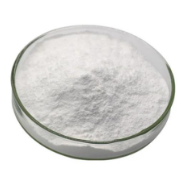
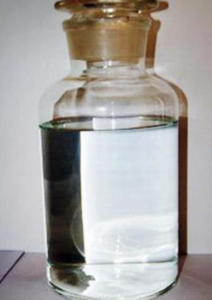
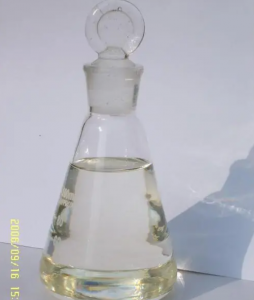
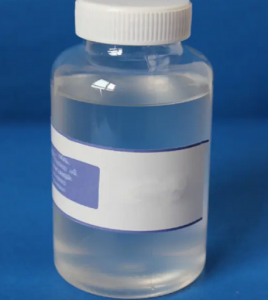
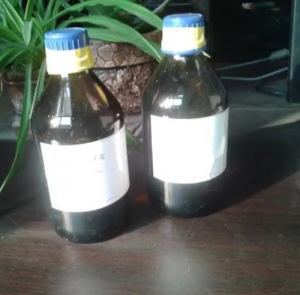
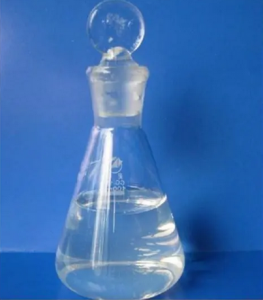





 online service
online service +8613866722531
+8613866722531

 +8613866722531
+8613866722531